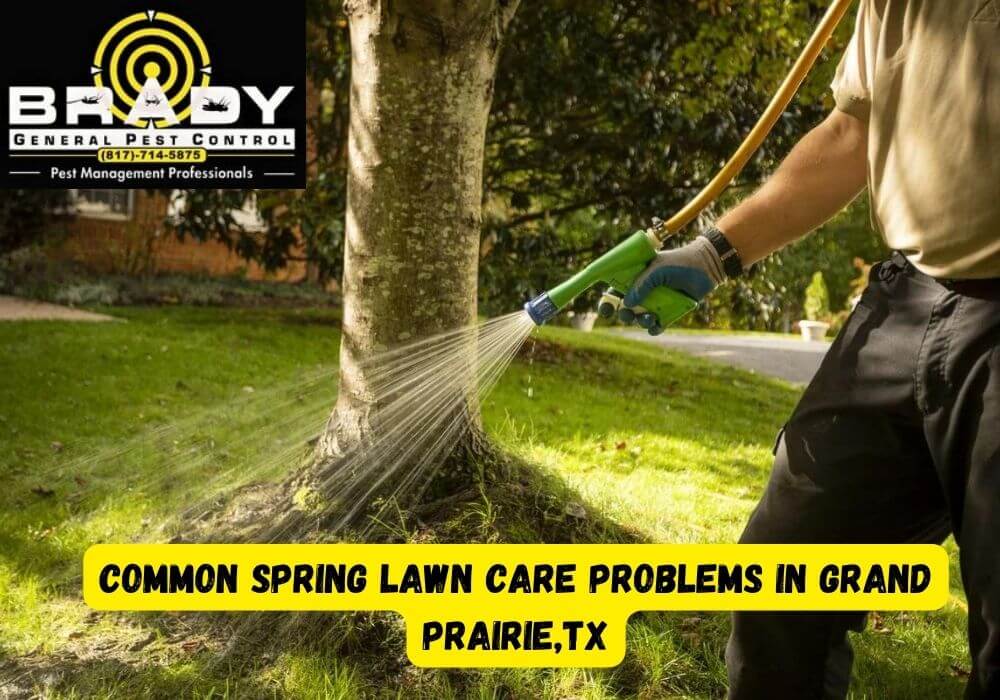Maintaining a lush, green lawn in Grand Prairie, TX, during spring is difficult. Lawn care problems are caused by fluctuating temperatures and weather patterns.
If you know about these problems and how to tackle them, your lawn will remain healthy. We will look at some general spring lawn problems that people usually experience in Grand Prairie, TX.
Weed Infestation
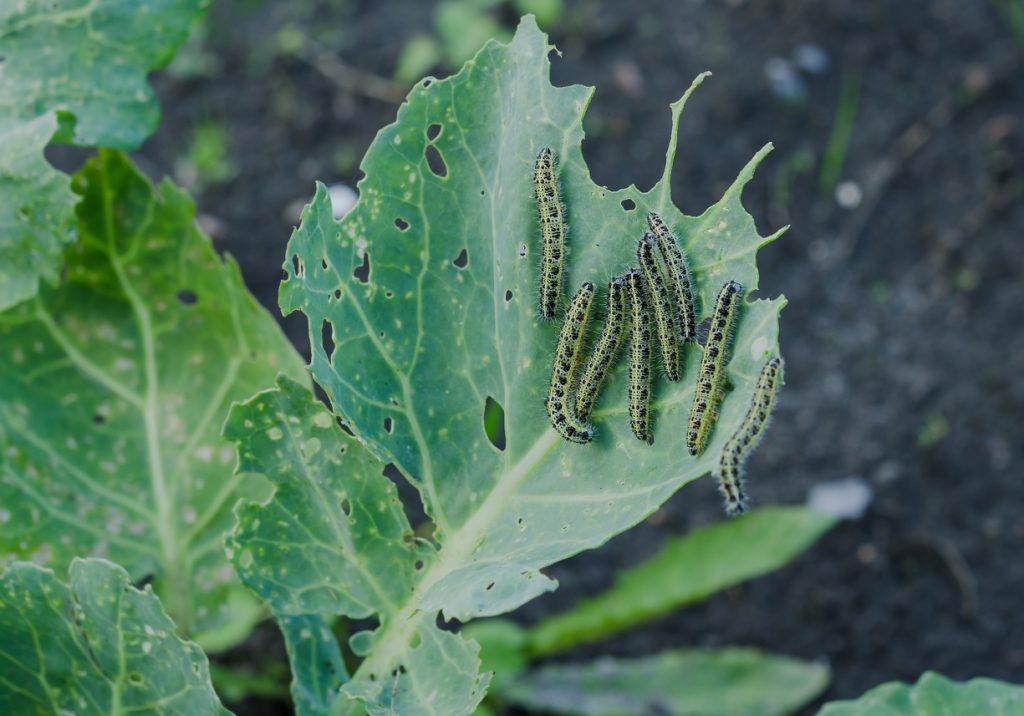
Many people have concerns about weeds in Grand Prairie. They are competitive with your grass for food, water, and sunlight. It results in weak and thin lawns. Examples are dandelions, clover, and crabgrass.
Solution:
Begin using pre-emergent herbicides during early spring. It prevents seeds of weed from germinating. In case there are still some weeds that manage to sprout, consider using post-emergent herbicide. Also, proper maintenance of your lawn will reduce weeds around it.
Thatch Build-Up
Thatch is a layer of dying and dead grass, leaves, and debris. It builds up on the surface of the soil. An abundance of thatch can hinder the circulation of water, air, and nutrients to the roots. Small layers can be beneficial in micro-climate environments.
Solution:
If your thatch layer exceeds 1/2 inch, dethatch your lawn. You could use either a dethatching rake or a power dethatcher. Another solution is to aerate the soil. It prevents any further accumulation of thatch in the future. It enhances the general lawn conditions.
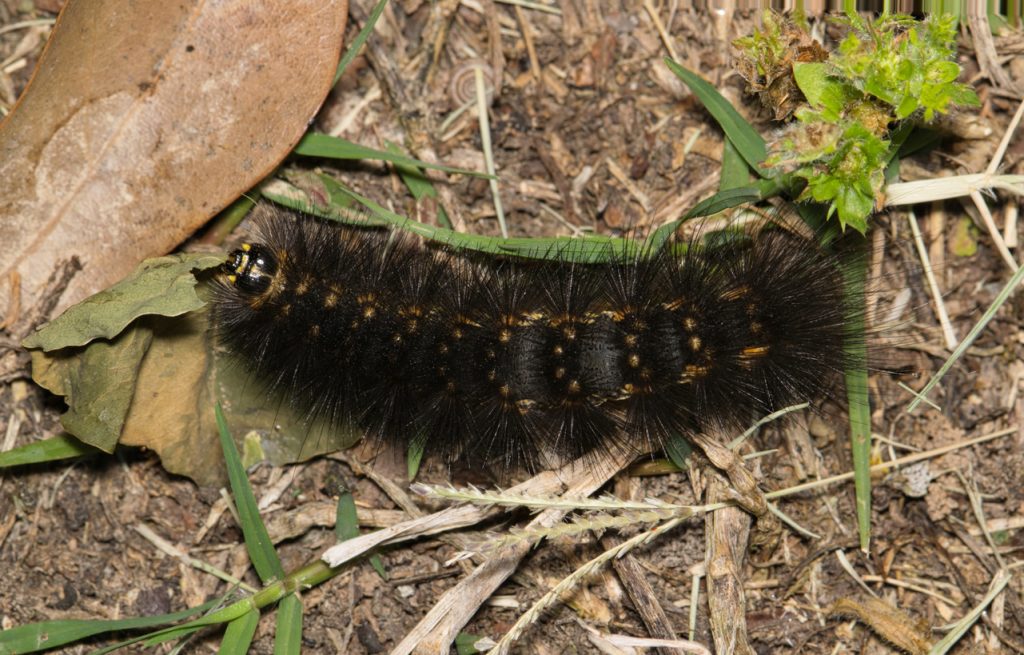
Pest Problems
Grubs, chinch bugs, and armyworms can cause a lot of harm to your lawn. They eat grass roots and leaves. It leads to brown patches as well as weak grass.
Solution:
Keep your lawn free of pests. Check it regularly for any signs of pest infestation. Use insecticides. In managing pests in the lawn, Brady Pest Control is the leading service provider in Grand Prairie, Texas. Its expert team will diagnose the type of pests and provide treatments that target them precisely.
Fungal Diseases
The moist conditions in spring can create the perfect environment for fungal diseases like brown patches, dollar spots, and rust. These diseases can spread quickly. They ruin a healthy lawn.
Solution:
To avoid fungal diseases, do not overwater. Make sure there is adequate drainage on your lawn. If you see signs of infection, apply fungicides. Mow the grass when it’s dry. Keep your mower blades sharp so they don’t stress out the lawn.
Soil Compaction
Soil compaction results from heavy foot traffic. It develops faster in places with many people. Such compacted soils hinder root growth as well as water entry. It minimizes the chances of grass survival.
Solution:
Aerate your lawn if it’s compacted. Use a core aerator. Take out small plugs of soil that enable air, water, and nutrients to get into the roots. Such will promote the development of healthier and deeper roots.
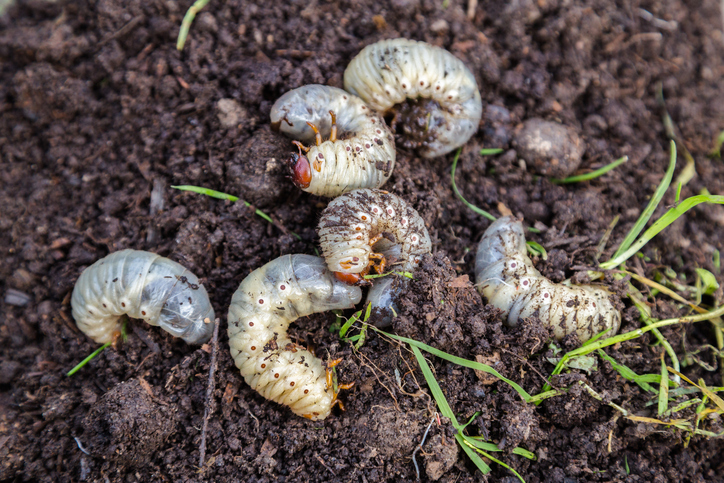
Nutrient Deficiencies
Dead turf grass in Grand Prairie, Texas may be traceable to malnourishment. If the soil lacks vital nutrients such as nitrogen, phosphorous, and potash retarded growth and dull grass
Solution:
Conduct a soil test to determine nutrient levels. Apply balanced fertilizer to correct deficiencies. Fertilize in spring for lush grass growth during the season.
Improper Watering
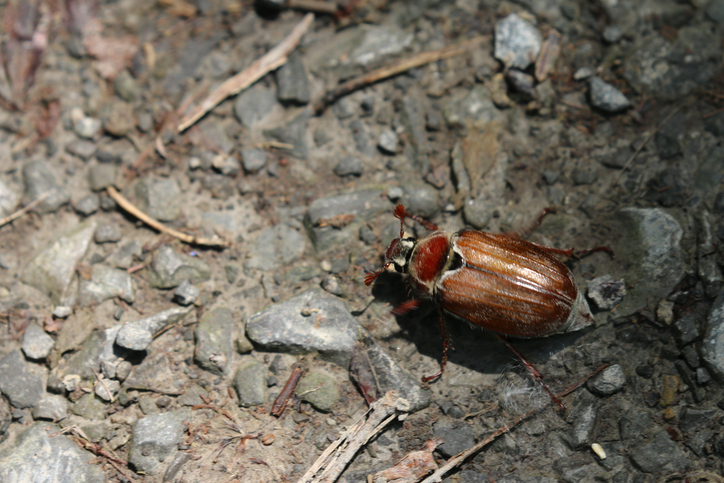
During springtime, irrigation problems are experienced, whether the imbalance is too much or too little.
Solution:
Encourage deep root development by deeply watering your lawn. Around 1 to 1.5 inches of water each week should be your target. Water early in the morning to minimize evaporation and reduce the risk of fungal diseases.
Poor Mowing Practices
Your grass can be harmed by mowing incorrectly. It makes it easy for any other issues to affect the grass. Reduce the grass height excessively. The blunt cutters and infrequent mowing all lead to detrimental outcomes.
Solution:
Mow your grass periodically. Remove an excess of a third of the length of the grass shaft. Sharp blades ensure proper cuts. Keep on changing the mowing patterns. It avoids compacting the soil in one direction.
Final Words!
Follow preventive measures and know how to tackle spring lawn care issues. Brady Pest Control can assist you in keeping your lawn healthy and well-manicured in Grand Prairie, TX. By maintaining the right practices of lawn care, you can overcome these challenges. Get a green lawn throughout the year.
Brady Pest Control makes sure your lawn remains a source of enjoyment. Contact us at 817-714-5875 or submit a form to get rid of your lawn care issues.


